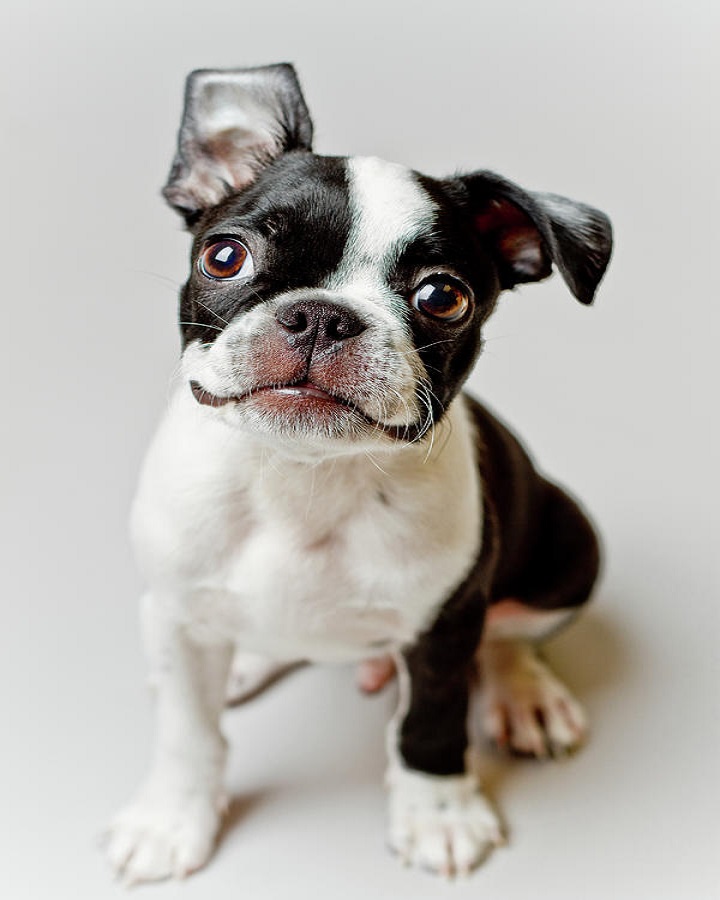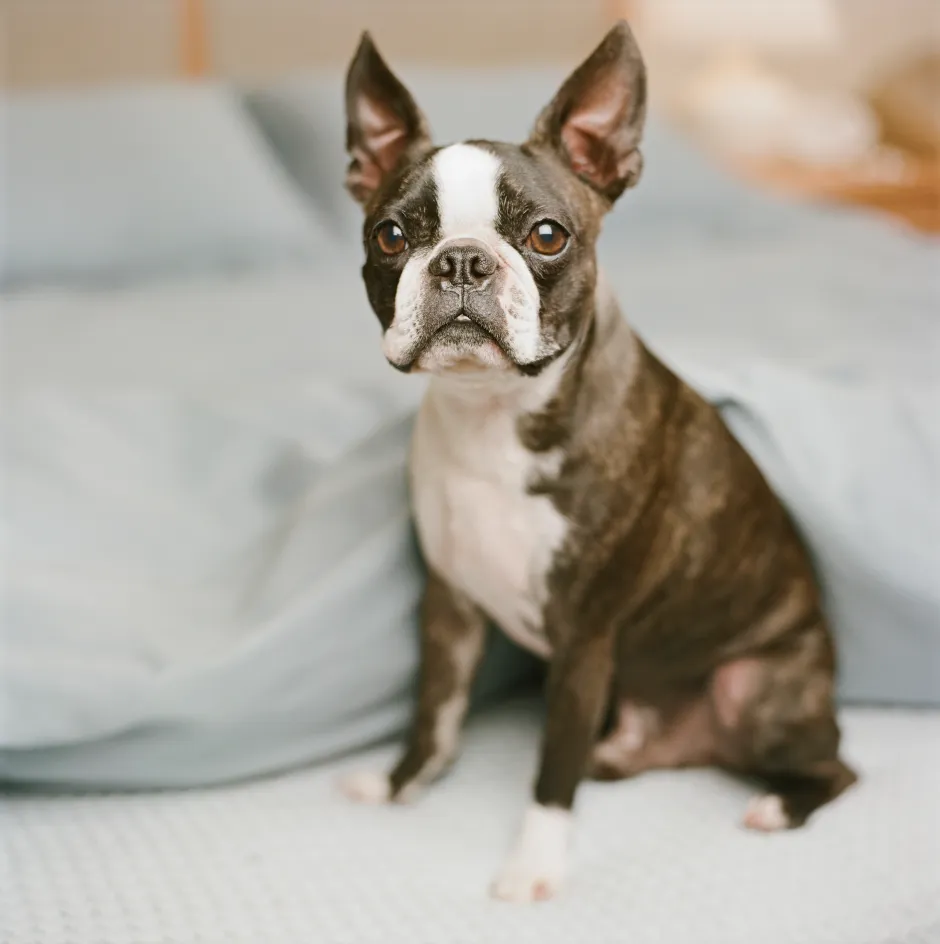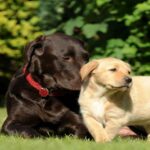
Image Credit – Hemapriya
The breeder panel has emerged as a vital tool for responsible breeding, helping breeders ensure healthier litters and maintain genetic diversity. By screening for potential hereditary conditions, a breeder panel provides crucial insights that support informed decision-making. Whether you are breeding dogs, cats, or livestock, using a breeder panel promotes ethical practices, reduces health risks, and contributes to the long-term well-being of animals.
Breeders participating in the round table have different levels of experience with different breeds, but have several things in common: they study their breeds, produce dogs that participate in dog sports and activities, protect breed health by using genetic screening for disease and structural abnormalities, and care more about the quality of the home for a puppy than for the money or prestige it brings.
Introducing the breeder panel : A Perfect Guide

Paula Drake
Paula Drake purchased her first Akita puppy in 1985. This pup became Ch. Pharfossa’s Kaminari Rose CD, TT, TDI, VA. Her offspring produced the youngest-ever tracking dog excellent Akita, the only Akita to earn both a tracking dog excellent title and a utility dog title, and the youngest-ever Best-in-Show Akita. Her breeding program has also produced many titled Akitas including a Best in Specialty Akita and, best of all, many adored family companions. She is a member of Clermont County Kennel Club and Queen City Dog Training Club and lives in Anderson Township with her Akitas, her cats, her parrots, and her 29-year-old horse.
Dr. Tracy Leonard
Dr. Tracy Leonard has been breeding Basenjis for over 15 years. In that time, she and her husband Jeff as Select Basenjis have bred a number of nationally ranked individuals in conformation, obedience and lure coursing. She is a member of Dayton Kennel Club, Dayton Dog Training Club and OKIGO lure coursing Club. She is currently licensed to judge all sighthound breeds in lure coursing. A 1987 graduate of Ohio State College of Veterinary Medicine, she has owned her own practice for the last 11 years with a special interest in canine reproduction.
Gale Snoddy
Gale Snoddy acquired her first Borzoi in 1985. She bred her first litter in 1988, and three are still with her at 13 1/2 years of age. She is active in showing in conformation, obedience, lure coursing, and soon agility. In addition to her Borzoi, she has one Saluki. In 1992, Gale and her husband Alan Margulies opened Pineland Farm Kennels in Miami Township, which they still own and operate.
Susan Wagner
Susan Wagner, a Newfoundland breeder, is a relative newcomer to the show world. She shows her dogs in conformation, obedience, draft, and water rescue and is an active member of Clermont County Kennel Club and the regional Newfoundland club.
Richard and Melody Greba
Richard and Melody Greba breed German Shepherd Dogs under the USA-registered kennel name Vom Reichtal. They have been breeding since 1984. Richard and Melody are tatooers in the Mid-Eastern Region of Tennessee, Kentucky, Ohio, Indiana, and Michigan. Richard is Regional Breed Warden for the United Schutzhund Clubs of America. He and Melody have shown dogs successfully in regional and national events and in Germany and have earned titles on several dogs at various levels. Successful Vom Reichtal dogs include Quasar v. Reichtal (Gunner) Kentucky’s youngest certified Search and Rescue dog, police dogs past and present, Schutzhund-titled dogs, therapy dogs, and Canine Good Citizen dogs. Vom Reichtal is home to V Baron Wolfeland SchH3, Kkla1 OFA Goo.
A breeder panel is more than just a genetic test—it’s a commitment to responsible and ethical breeding. By embracing this tool, breeders can protect animal health, enhance breed standards, and support sustainable breeding practices. If you’ve used a breeder panel or are considering one, we’d love to hear about your experiences. Let us know in the comments below!
Frequently Asked Questions
What is a breeder panel and why is it important?
A breeder panel is a genetic screening test that identifies inherited health conditions in animals. It is important because it helps breeders make informed choices, prevent passing on genetic disorders, and improve the overall health of future generations.
How does a breeder panel work?
A breeder panel works by analyzing the animal’s DNA through a simple sample, usually a cheek swab or blood test. The results reveal if the animal is clear, a carrier, or at risk of specific genetic conditions, enabling breeders to plan responsible pairings.
Who should use a breeder panel?
Any breeder—whether of dogs, cats, or livestock—should use a breeder panel. It is especially beneficial for those committed to ethical breeding practices, reducing health risks, and maintaining high breed standards.






